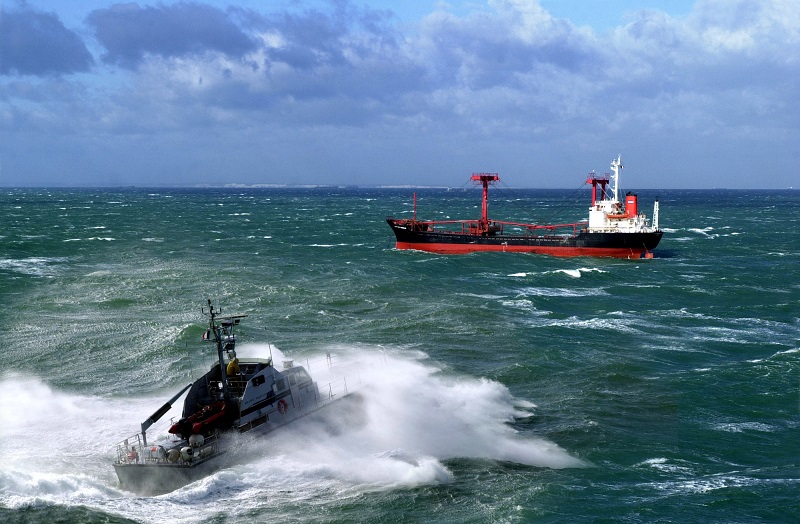Beach Management Units are crucial in safeguarding Kenya’s blue economy
Go Blue: Securing Kenya’s maritime territory
The Go Blue initiative, launched in 2021 and implemented in partnership with the Government of Kenya through the Jumuiya Ya Kaunti Za Pwani (JKP) secretariat, is a four-year programme that aims to protect Kenya's coastal ecosystems while creating environmentally friendly jobs in a host of industries, including recycling, tourism and small-scale fishing. It is designed to foster a "sustainable blue economy" in six coastal counties and generate more than 3,000 jobs for youth and women alone. Expertise France is implementing the maritime security component by helping to address maritime safety and security challenges in Kenya.
“Beach Management Units, or BMUs, are found in every coastal community in Kenya,” says Mikael Delrue, Team Leader for the Go Blue maritime security component. “They are civic bodies under the Fisheries Act that bring fishermen, boat owners, fish traders, and others together to oversee fish landing stations and management of marine resources,” he adds on.
Kenya’s coastal counties have a total of 98 BMUs, serving as key administration facilities for both national and county government authorities at local levels. They are seen as the backbone of fisheries co-management in the country. Nevertheless, limitation of resources has hindered BMUs in fulfilling their functions.
Understanding challenges and needs of BMUs
As part of the maritime security component of the Go Blue project, a survey was developed by Expertise France to interview BMU representatives, fishing communities and other key stakeholders, including County Fisheries Departments, Kenya Fisheries Service and Kenya Wildlife Service. “Fishermen are present every day along the whole coast, in particular near the borders. They are the eyes and ears of the sea,” says Jerome Michelet, Go Blue maritime organization key expert. “Instead of doing desk studies only, we felt it was crucial to have a good understanding of what happens on the ground, hence the reason of conducting the surveys.”
Out of the 98 coastal BMUs, a total of 12 were selected as a representative sample with a special focus on the ones located near the borders (with Tanzania and Somalia) as well as following consultations with relevant county departments and national agencies such as the Kenya Maritime Agency, Kenya Ports Authority and the border police.
The questionnaire focuses on different maritime safety and security aspects faced by the coastal BMUs, capacity building and collaborations. The survey examines also how BMUs can assist in maritime security and safety, what are the gaps and opportunities and how the Go Blue project can support and assist.
Next steps
Despite their limitation of resources, BMUs face various challenges, such as skills development or management, including human resource development. Most, if not all BMUs are managed by people with no formal training in management while their members lack basic skills such as lifesaving, first aid and in some cases even swimming. In addition, external challenges such as illegal, unreported and unregulated fishing within the inshore areas are also evident, including use of illegal gears and non-compliance (e.g. lack of licenses, failure to report catch and incidence data, etc.). The complexity of these challenges, particularly maritime security requires a well-coordinated multi-agency approach.



